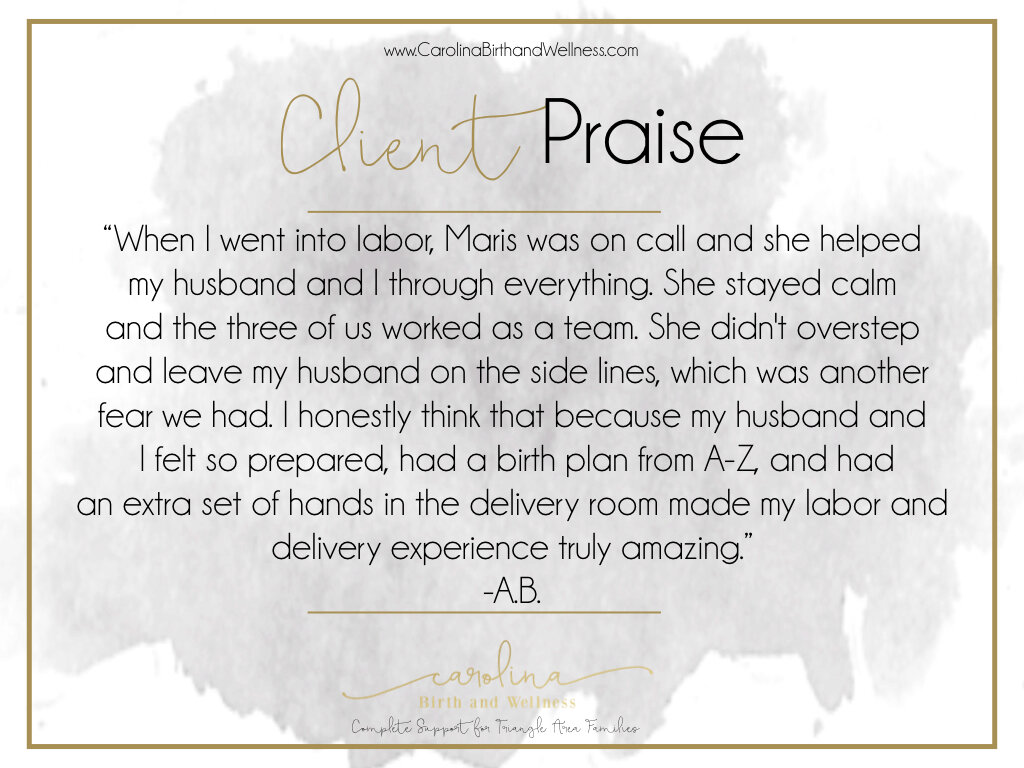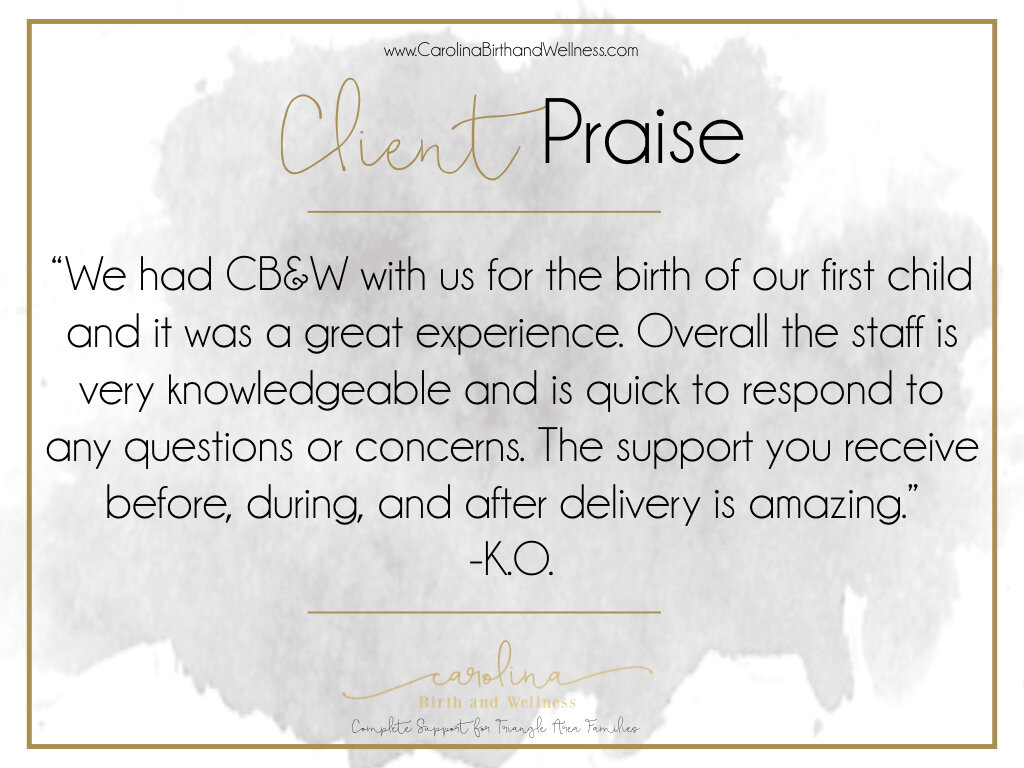To Break, or Not to Break (Your Water), That is the Question
In movies, a pregnant person’s water breaking is a rush of fluid, followed by strong contractions, and a baby is born within minutes. And while maybe that happened (once), that is not the common occurrence for most laboring individuals. The only truth to these hypothetical movie births is that when one’s water breaks, labor can speed up.
There are several great benefits of artificial rupture of membrane (AROM). It is important to understand how these benefits impact you and your baby to know if you should in fact ask your medical team to break your water.
- Once the bag of waters breaks, either naturally or artificially, the production of prostaglandins can increase, and contractions can begin to feel stronger. Prostaglandins help ripen and soften the cervix
- If the baby is in the head down position, there is no longer a buffer between the baby’s head and the cervix, thus causing contractions to feel stronger, as well as possibly be more effective at preparing the cervix for birth.
- Once the bag of waters break, your medical team can more directly monitor the baby. They can see when if the baby has had his or her meconium in utero, which can be a sign of fetal distress. The presence of meconium is not necessarily a problem, but it can change how the baby is treated when born.
- Lastly, once the bag of waters has broken, your medical team can have direct access to the baby’s head for internal fetal monitoring. Internally fetal monitoring can be more accurate than external, and give an idea of how your baby is responding to any medications you have been given.
Just as understanding the benefits having your medical team manually break you water, it is important to understand the risks associated with this procedure.
- There can be increased chance of infection if the time between rupture and birth is too long. Because of this chance of infection, you usually are “on the clock” for delivery to occur. This may vary between birthing locations, but speaking to your medical team about the time limit and if it something you are comfortable with.
- Umbilical prolapse may occur
- Baby may turn breech if not fully engaged
Remember B.R.A.I.N? That can help with some important questions to ask yourself if you are considering having your water artificially broken, such as:
- How will AROM help my labor?
- How will AROM hurt my labor?
- Would it better do break my water now?
- Would it better to wait a little bit to break my water?
- Do I feel like my medical team understands my wishes and concerns?
We always recommend that our clients speak with their medical team for specific information about medical procedures, but we hope this gives you some information as well as important questions to ask either your doctor, midwife, or nurse. As your doulas, we can help you process this information and help you reach a decision that makes you feel comfortable









